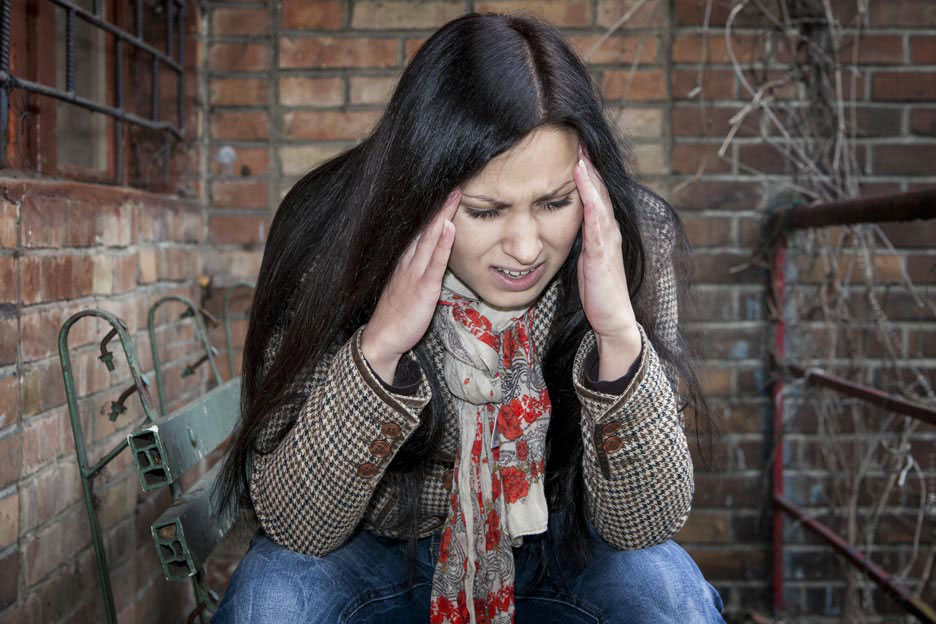Good mental health is just as important as good physical health. Feeling feelings of intense stress when faced with a dangerous situation is normal. But having this same reaction with no apparent cause may be the result of a panic disorder.

What is panic disorder?
Panic disorder (PD) belongs to the family of anxiety disorders. It is a mental health issue that can seriously affect the quality of life of the person affected. However, once diagnosed, it can be treated.
Panic disorder is marked by repeated attacks of panic that occur unexpectedly in the absence of any situational threat. These attacks begin quickly and build to a peak rapidly, in less than 10 minutes. They are often accompanied by a sense of imminent danger or impending death and an urge to escape. People often describe their panic attacks as “a terrifying experience, where I felt I was going to die.”
What are the symptoms?
Panic attacks begin with a feeling of fear or strong discomfort, and can be accompanied by the following symptoms:
- hot or cold flashes;
- pain or discomfort in the chest;
- dizziness, vertigo or a fainting sensation ;
- heart palpitations;
- fear of losing control or going crazy;
- sweating;
- shaking;
- difficulty breathing;
- nausea;
- abdominal discomfort;
- fear of dying;
- numbness or tingling sensations.
Given the repetitive and unpredictable nature of panic attacks, PD sufferers often live in fear of having another panic attack. Some individuals significantly change their behaviour (e.g., quit their job, avoid going out, avoid lineups, etc.). This fear can lead to agoraphobia.
Individuals with panic disorder often develop agoraphobia. The essential feature of panic disorder with agoraphobia is anxiety about being in places or situations from which escape might be difficult or embarrassing for the person having a panic attack. Agoraphobia may lead the person to avoid situations that place them at risk, and to isolate themselves.
Who gets panic disorder?
Panic disorder affects approximately 3% of the population. It is found two or three times more often in women than in men. This problem can occur at any age, but begins most often at the end of adolescence or among young adults. The onset of PD is often preceded by a period of considerable stress or the anticipation of a stressful life event, such as:
- an overload of work;
- the loss of a loved one;
- a serious accident.
Other triggering effects may be present, such as the excessive consumption of caffeine or alcohol. Panic disorder may also be triggered by some health issues. Or, PD may occur for no apparent reason.
What causes panic disorder?
The exact causes of PD are unknown. They may be linked to a combination of biological and psychological factors. Panic disorder is found among members of the same family. This suggests that a genetic predisposition toward PD may be possible.
Brain cells (neurons) communicate among themselves via neurotransmitters. These are chemical compounds that act as messengers to transport signals among nerve cells. Among other things, neurotransmitters manage emotions, thoughts, concentration, judgment, memory, etc. They also ensure the basic functions of survival (sleep, digestion, elimination, reflexes, etc.). With PD, the communication among neurotransmitter messages is interrupted.
There is no need to suffer in silence. Repeat panic attacks are not simply attributed to the stresses of daily life. Numerous treatments are available to alleviate the symptoms of PD and allow you to lead an active life. Don’t wait until you are no longer able to accomplish your daily activities. The earlier you seek professional advice, the more effective the treatment will be. And don’t forget, your pharmacist is a healthcare professional who can direct you to the mental health resources available.
